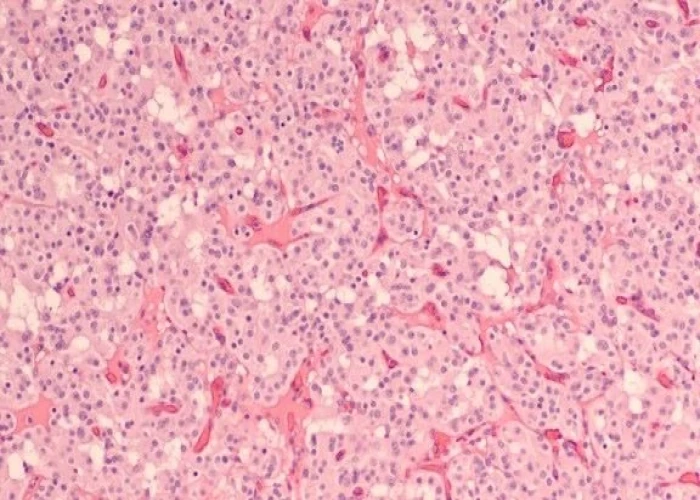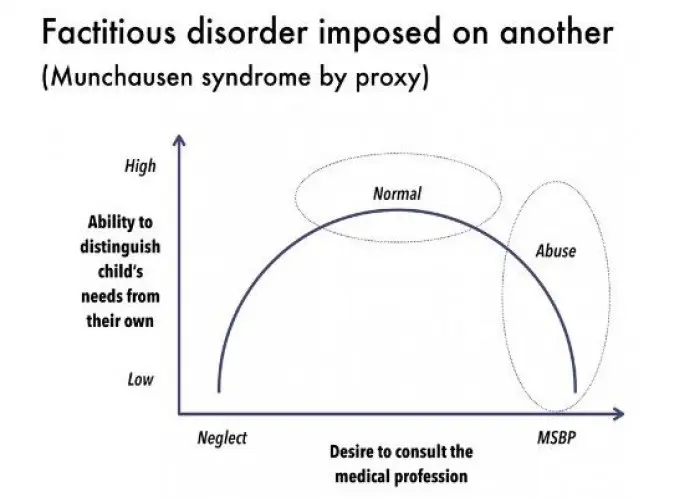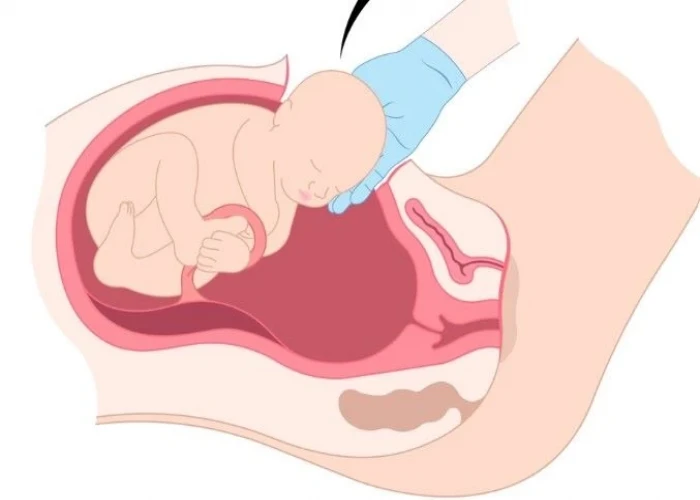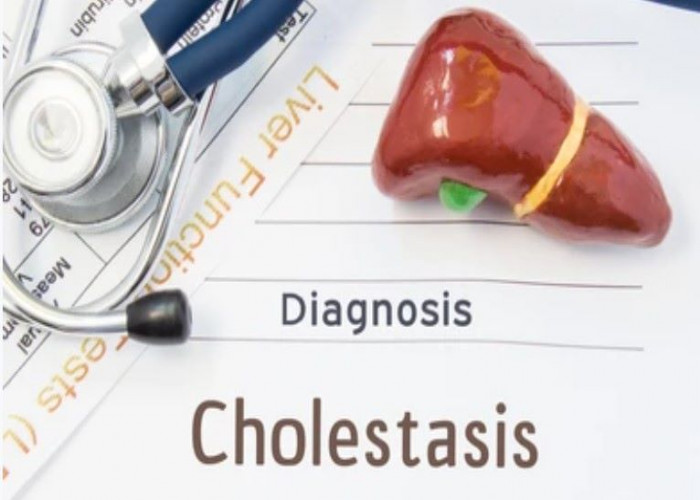 Welcome
Welcome
“May all be happy, may all be healed, may all be at peace and may no one ever suffer."
Cholestasis of pregnancy

Cholestasis of pregnancy is a liver condition that occurs during pregnancy, typically in the third trimester. It is characterized by a decrease in the flow of bile from the liver, which can lead to symptoms such as itching, dark urine, and jaundice. Cholestasis of pregnancy is thought to be caused by a combination of hormonal changes and genetic factors, and may be more common in women with a personal or family history of liver disease. Treatment for cholestasis of pregnancy typically involves medication to relieve symptoms and close monitoring of the pregnancy, as the condition can increase the risk of preterm delivery, fetal distress, and stillbirth. Delivery may be recommended in some cases to reduce the risks to both the mother and the baby.
Research Papers
Disease Signs and Symptoms
- Yellow skin
- Yellowing of skin and eyes (jaundice)
- Nausea or vomiting
- Loss of appetite
- Once your baby arrives, however, the itchiness usually goes away within a few days.
Disease Causes
Cholestasis of pregnancy
The cause of cholestasis of pregnancy is unclear. Your genes may play a role. Sometimes, the condition runs in families. Certain genetic variants have also been identified.
Pregnancy hormones also may be involved. Pregnancy hormones rise the closer you get to your due date. Doctors think this may slow the normal flow of bile — the digestive fluid made in the liver that helps your digestive system break down fats. Instead of leaving the liver, bile builds up in the organ. As a result, bile salts eventually enter the bloodstream, which can make you feel itchy.
Disease Prevents
Cholestasis of pregnancy
There is no known way to prevent cholestasis of pregnancy.
Disease Treatments
The goals of treatment for cholestasis of pregnancy are to ease itching and prevent complications in your baby.
Ease itching
To soothe intense itching, your pregnancy care provider may recommend:
- Taking a prescription drug called ursodiol (Actigall, Urso, Urso Forte), which helps to lower the level of bile in your blood. Other medications to relieve itching may also be an option.
- Soaking itchy areas in cool or lukewarm water.
It's best to talk to your pregnancy care provider before you start any medications for treating itching.
Monitoring your baby's health
Cholestasis of pregnancy can potentially cause complications to your pregnancy. Your pregnancy care provider may recommend close monitoring of your baby while you're pregnant.
Monitoring and treatment may include:
- Nonstress testing. During a nonstress test, your pregnancy care provider will check your baby's heart rate, and how much his or her heart rate increases with activity.
- Fetal biophysical profile (BPP). This series of tests helps monitor your baby's well-being. It provides information about your baby's movement, muscle tone, breathing and amount of amniotic fluid. While the results of a nonstress test or BPP can be reassuring, they can't really predict the risk of preterm birth or other complications associated with cholestasis of pregnancy.
- Early induction of labor. Even if the prenatal tests appear normal, your pregnancy care provider may suggest inducing labor before your due date, given the risk of stillbirth.
Disease Diagnoses
Disease Allopathic Generics
Disease Ayurvedic Generics
Disease Homeopathic Generics
Disease yoga
Cholestasis of pregnancy and Learn More about Diseases

Uterine prolapse

Stuttering

Pancreatic cysts

Enlarged liver

Angina

Factitious disorder

Postpartum preeclampsia

Insomnia
Cholestasis of pregnancy, Cholestasis meaning, গর্ভাবস্থার কোলেস্টেসিস
To be happy, beautiful, healthy, wealthy, hale and long-lived stay with DM3S.
